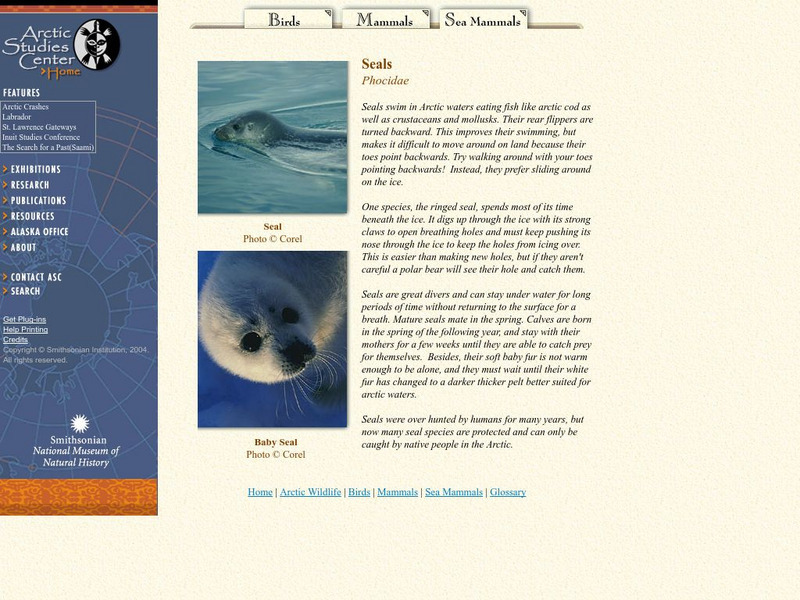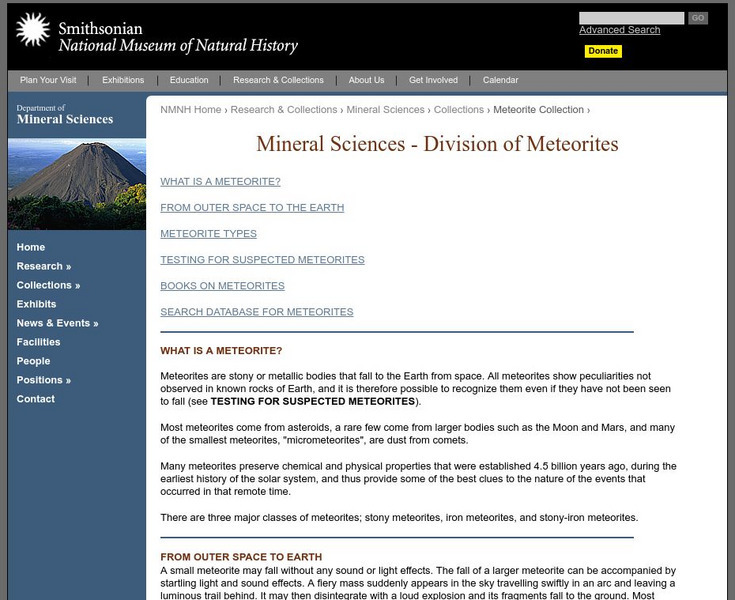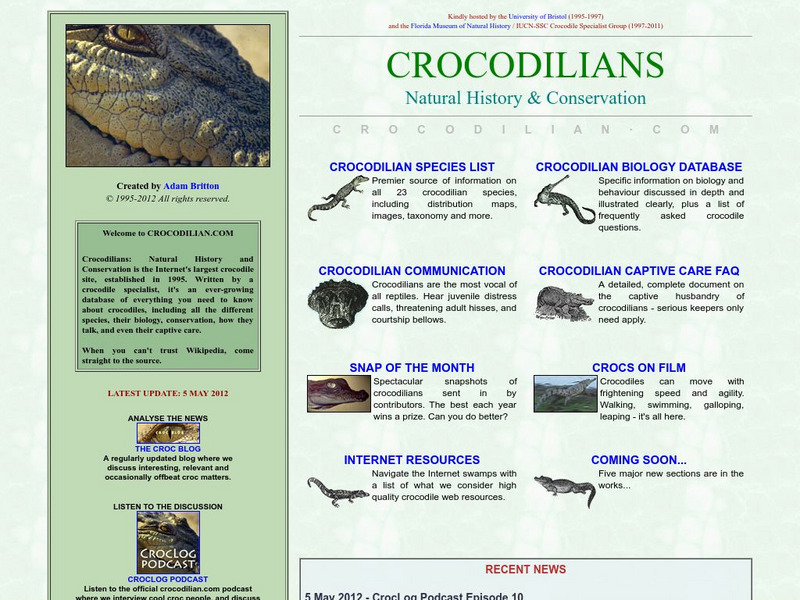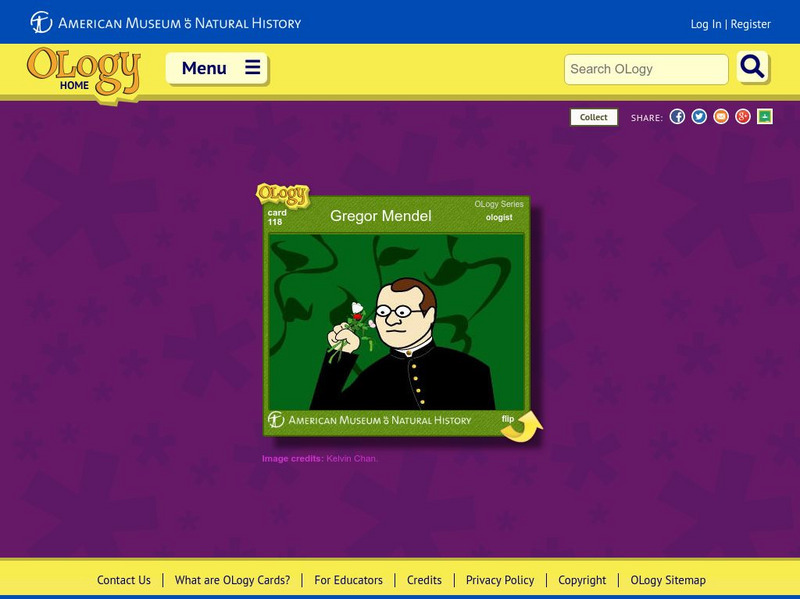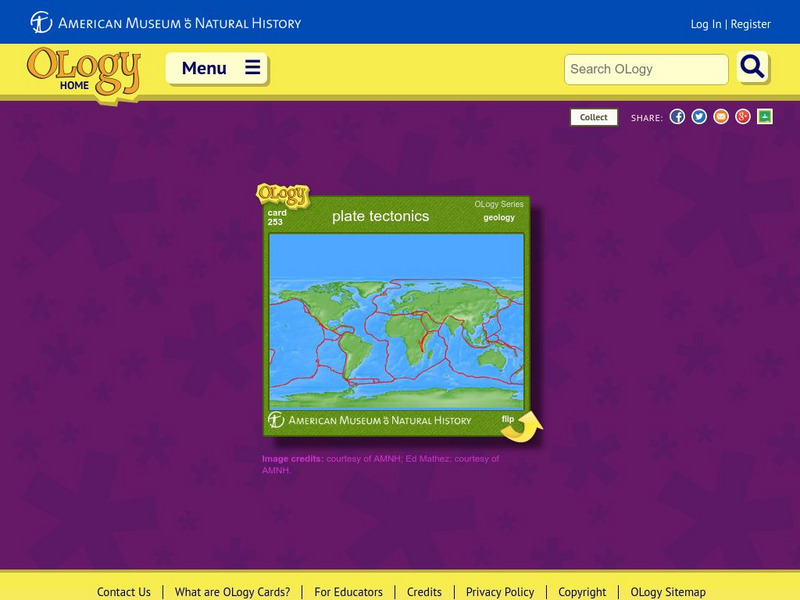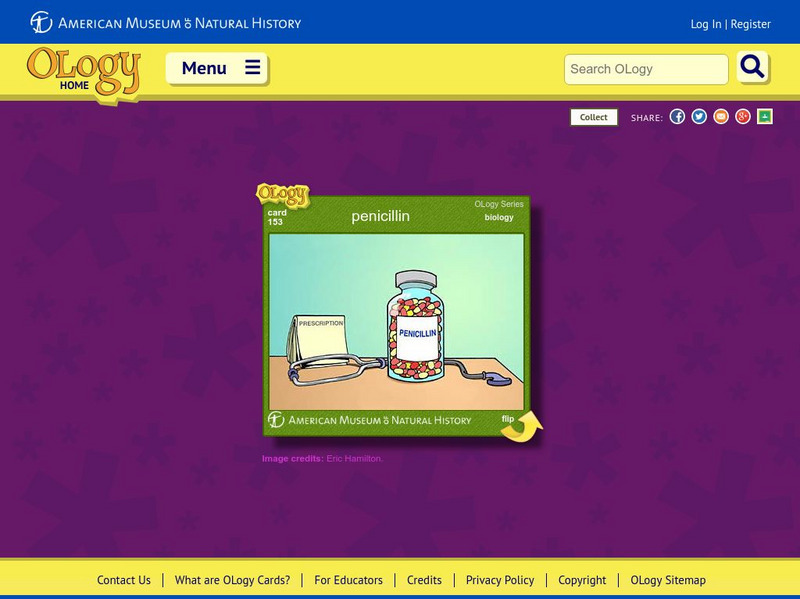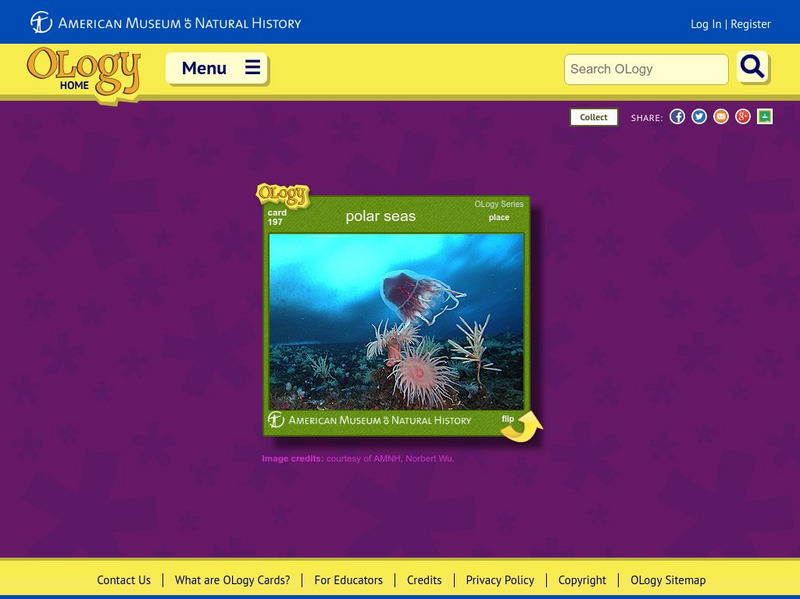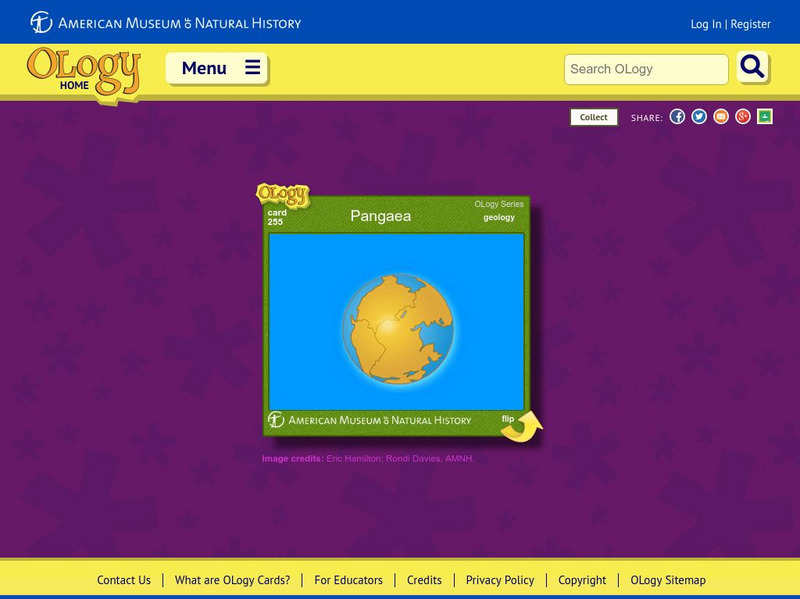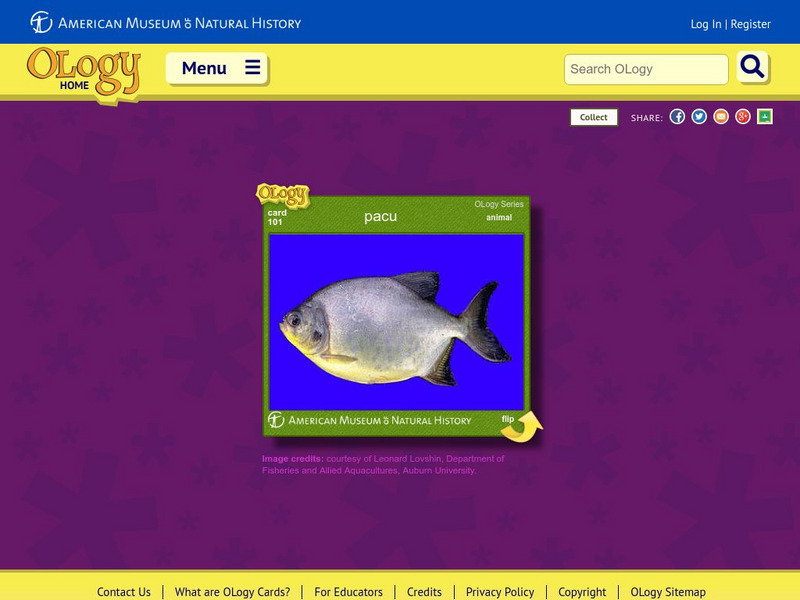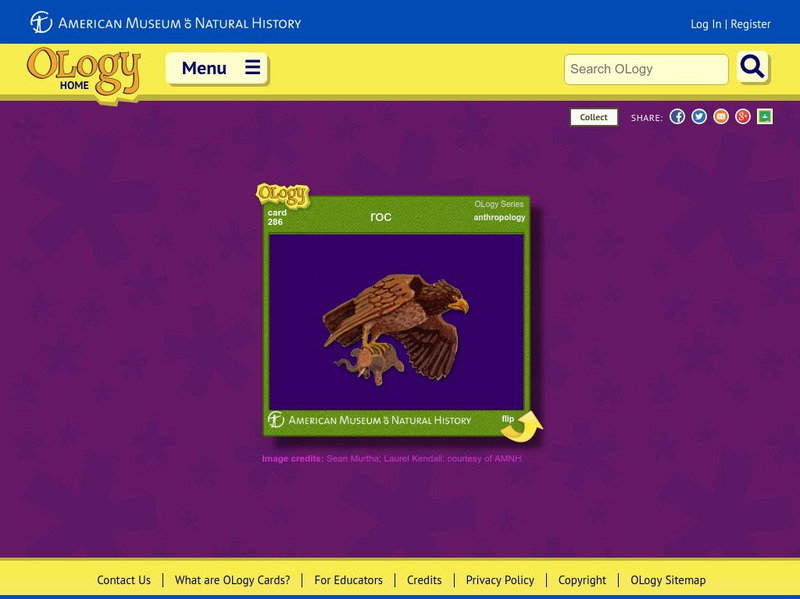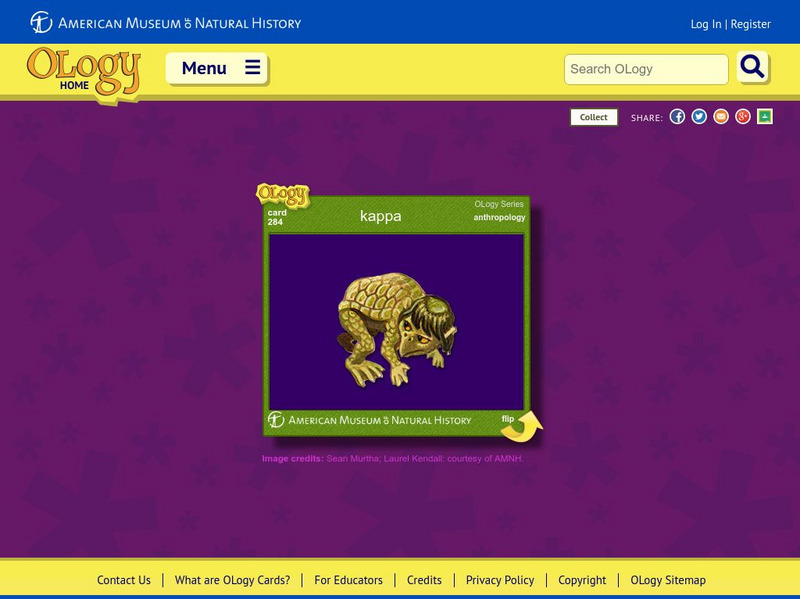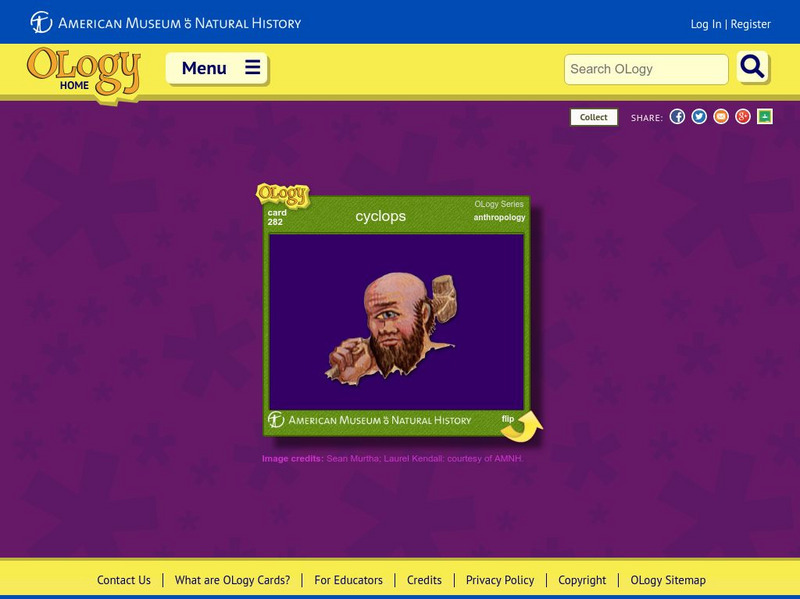Smithsonian Institution
National Museum of Natural History: Arctic Studies Center: Peregrine Falcon
This Smithsonian website has a brief, but thorough, article on the Peregrine Falcon that also includes a picture.
Smithsonian Institution
National Museum of Natural History: Arctic Studies Center Mammals Seals
This Smithsonian website has a brief, but thorough, article on the Seal that also includes pictures.
Smithsonian Institution
National Museum of Natural History: The Allure of Pearls
Exhibition of some of the first known gems to early humans, this collection of pearls includes several world famous precious stones.
Smithsonian Institution
National Museum of Natural History: Mineral Science: Division of Meteorites
A review of meteorites, what they are, what types there are, and a collection of reading resources to understand more about these objects falling from the sky.
Other
Florida Museum of Natural History: Crocodilians: The American Alligator
The University of Florida offers a wonderful, fact filled webpage on the American Alligator.
Burke Museum
Burke Museum of Natural History and Culture: The Spider Myths Site
Are spiders insects? Do you really swallow spiders while you're sleeping? Myths and questions related to spiders are addressed on this site. Links to additional information can also be found here.
American Museum of Natural History
American Museum of Natural History: Resources for Learning: Bolivia Biodiversity
An overview, in a captioned gallery of images, of the plant and animal life of Bolivia as well as some of the cultural traditions and practices among Bolivian people.
American Museum of Natural History
American Museum of Natural History: Ole Roemer and the Speed of Light
This resource provides a concise overview of the speed of light and the Ole Roemer, the first man to measure it.
American Museum of Natural History
American Museum of Natural History: Profile: Georges Lemaitre
Find out about the life and work of the father of the Big Bang theory, Georges Lemaitre. This article describes the origin of the cosmology theory and its growing acceptance among scientists. This is an excerpt from COSMIC HORIZONS:...
American Museum of Natural History
American Museum of Natural History: Exhibition: Extreme Mammals
Learn about the body structure, habitat, reproduction, movement, and evolution of extreme mammals, both extinct and living, through interative animation and short videos.
American Museum of Natural History
American Museum of Natural History: Creature Feature
A matching game where students match different ocean creatures to their adaptations for survival.
American Museum of Natural History
American Museum of Natural History: It Takes All Kinds to Make a World
Learn about the biodiversity found in the ocean by looking at examples of marine life.
American Museum of Natural History
American Museum of Natural History: Gregor Mendel O Logy Card
Flip over this interactive OLogy card and start learning bite-size pieces of useful information about Gregor Johann Mendel.
American Museum of Natural History
American Museum of Natural History: Giant Squid O Logy Card
Flip over this interactive OLogy card and start learning bite-size pieces of useful information about the giant squid, including details regarding its 2006 discovery.
American Museum of Natural History
American Museum of Natural History: Plate Tectonics O Logy Card
Flip over this interactive OLogy card to find fast facts, questions and answers, and similar bite-size pieces of information about plate tectonics.
American Museum of Natural History
American Museum of Natural History: Penicillin O Logy Card
Turn over this interactive OLogy card and start learning bite-size pieces of useful information about penicillin.
American Museum of Natural History
American Museum of Natural History: Polar Seas O Logy Card
Flip over this interactive OLogy card and start learning bite-size pieces of useful information about the marine life that lives in polar-sea regions.
American Museum of Natural History
American Museum of Natural History: Paula Mikkelsen O Logy Card
Flip this interactive OLogy card to learn about zoology careers from zoologist Paula Mikkelsen.
American Museum of Natural History
American Museum of Natural History: Pangaea O Logy Card
Learn about the supercontinent known as Pangaea that broke apart into the continents that we know today. Answer questions when you finish reading.
American Museum of Natural History
American Museum of Natural History: Pacu O Logy Card
Flip this interactive OLogy card to find questions and answers, fast facts, and other bite-size pieces of information to help you understand important characteristics of the South American pacu, a freshwater fish.
American Museum of Natural History
American Museum of Natural History: O Logy: Roc
Read about the mythical roc, a monstrous bird, which appears in Middle Eastern stories. Flashcard format.
American Museum of Natural History
American Museum of Natural History: O Logy: Kappa
Find out about the Japanese mythical water creature called Kappa. Flashcard format.
American Museum of Natural History
American Museum of Natural History: O Logy: Dragon
This is a flashcard about the dragon, a mythical creature in both European and Asian myths, which has many different characteristics. Find out the similarities and differences, and take the quiz to learn more while exploring this OLogy...
American Museum of Natural History
American Museum of Natural History: O Logy: Cyclops
Find out the background of the mythical cyclops from Greek mythology. It might surprise you! Flashcard format.



